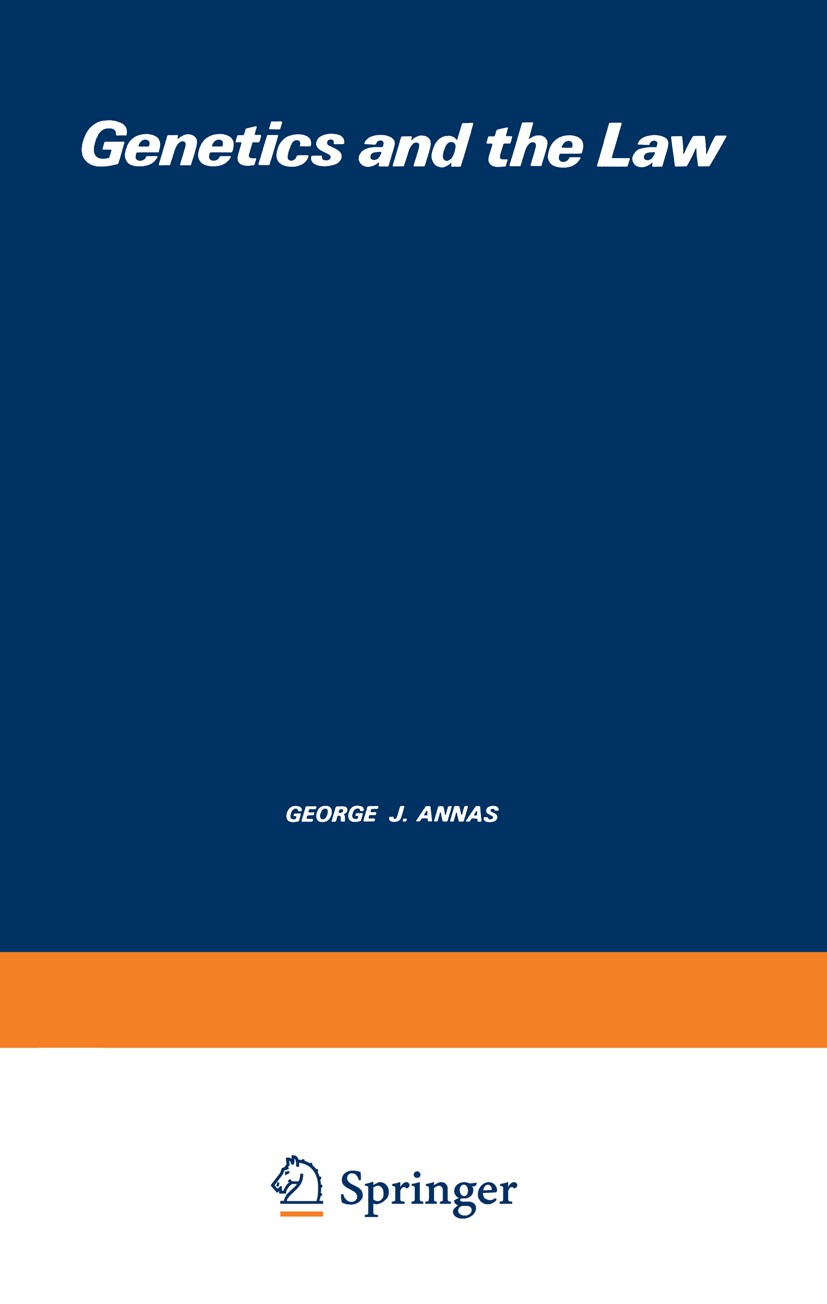| 書目名稱 | Genetics and the Law | | 編輯 | Aubrey Milunsky (Assistant Professor of Pediatrics | | 視頻video | http://file.papertrans.cn/383/382719/382719.mp4 | | 圖書封面 |  | | 描述 | Society has historically not taken a benign view of genetic disease. The laws permitting sterilization of the mentally re- tarded~ and those proscribing consanguineous marriages are but two examples. Indeed as far back as the 5th-10th centuries, B.C.E., consanguineous unions were outlawed (Leviticus XVIII, 6). Case law has traditionally tended toward the conservative. It is reactive rather than directive, exerting its influence only after an individual or group has sustained injury and brought suit. In contrast, state legislatures have not been inhibited in enacting statutes. Many of their products can be characterized as hasty, unnecessary, ill-conceived, and based on the heart rather than the head. Moreover the lack of expert consultation sought has also been remarkable. One state legislature, for example, has advocated immunization for sickle cell anemia! Many others have enacted laws for the screening of inborn errors of metabolism, e.g., phenylketon- uria, but have poorly defined the lines of responsibility to secure compliance. A spate of specific disease-related bills has emerged in the u.S. Congress, each seeking recognition and appropriations. Sickle cell anemia, hemophili | | 出版日期 | Book 1976 | | 關鍵詞 | Nation; cognition; ethics; genetics; medical profession; profession | | 版次 | 1 | | doi | https://doi.org/10.1007/978-1-4684-2229-0 | | isbn_softcover | 978-1-4684-2231-3 | | isbn_ebook | 978-1-4684-2229-0 | | copyright | Plenum Press, New York 1976 |
The information of publication is updating

|
|
 |Archiver|手機版|小黑屋|
派博傳思國際
( 京公網(wǎng)安備110108008328)
GMT+8, 2025-10-6 13:37
|Archiver|手機版|小黑屋|
派博傳思國際
( 京公網(wǎng)安備110108008328)
GMT+8, 2025-10-6 13:37


